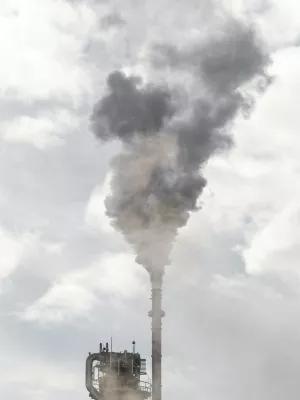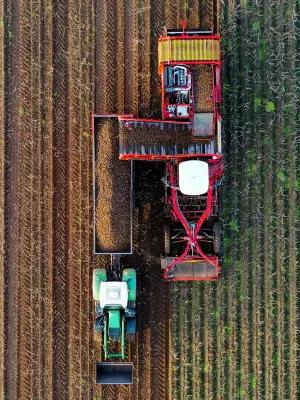A rapid and far-reaching transition of agriculture practices and the food system more broadly is key to achieving the objectives of the Paris Agreement. Such transition requires minimising direct emissions from agricultural activities, reducing the impact of land use and induced land use change on deforestation, as well as enhancing carbon sink capacity of lands and soils. It calls for a massive shift in the way our food is produced, processed and transported, as well as behavioural changes in relation to what we eat and consume. The challenges are complex, considering population growth...















